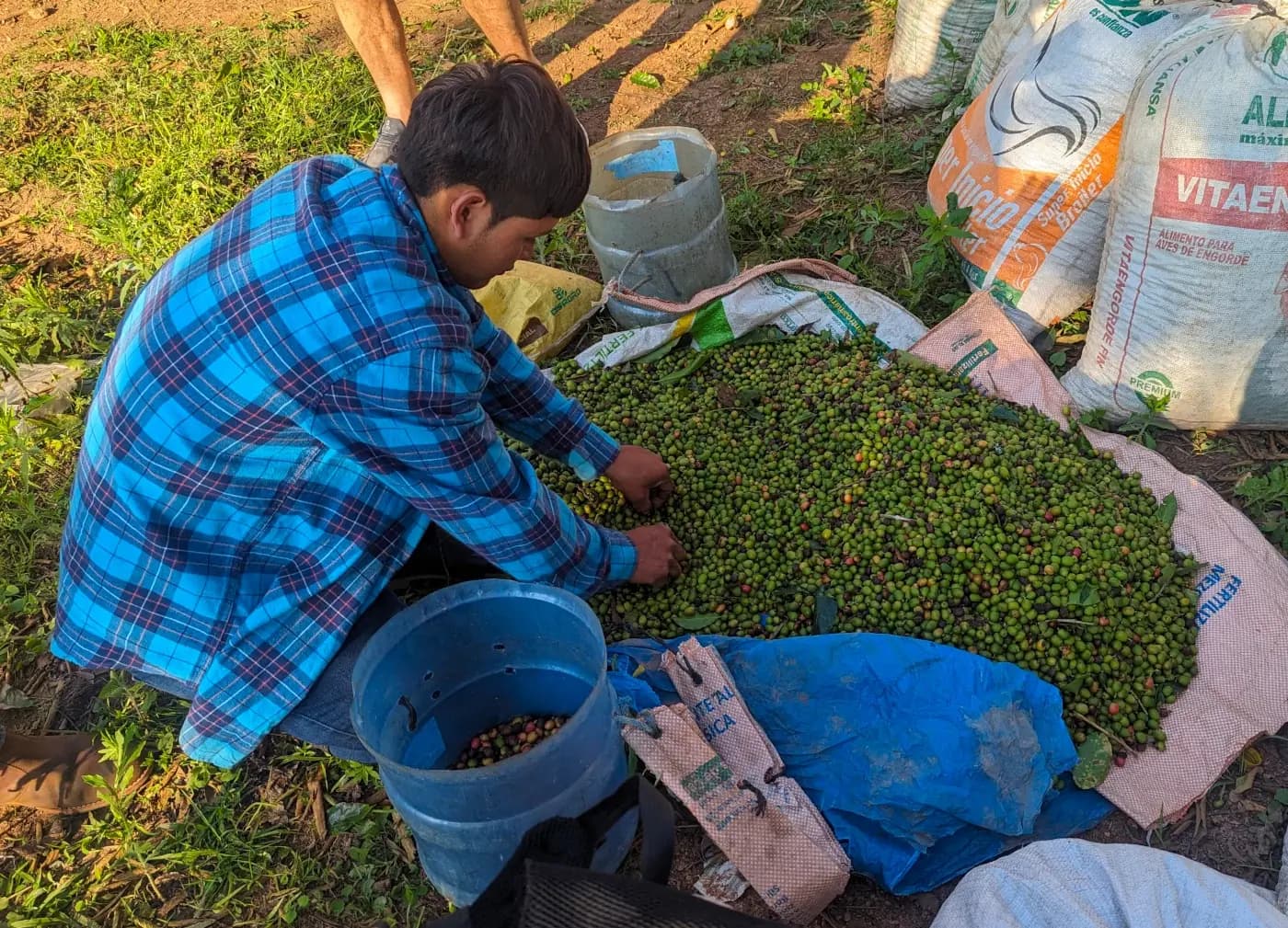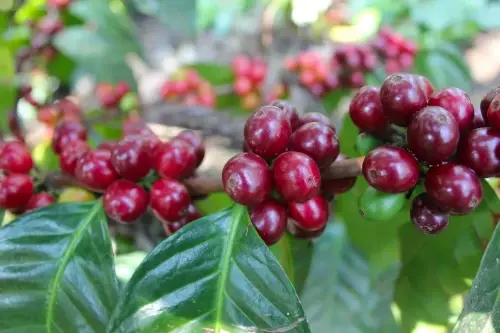Our tissue culture coffee plants are disease-free, genetically identical, and offer superior growth performance. Using advanced biotechnology, we produce high-quality coffee varieties that deliver exceptional bean quality and yield potential for commercial coffee production.


Resistant to coffee leaf rust, nematodes and coffee berry disease. A selection of T5296, breeded by Instituto Hondureño del Café (IHCAFE).

Resistant to leaf rust and coffee berry disease. F1 hybrid (introgressed), lineage T5296 x Rume Sudan, breeded by CIRAD-CATIE-ICAFE-IHCAFE-PROCAFE-ANACAFE.

Resistance to coffee leaf rust. Introgressed (Catimor related) lineage (Timor Hybrid 832/1 x Caturra) x Pacamara, developed by National Coffee Association of Guatemala (ANACAFÉ).
Our tissue culture coffee plants offer superior advantages over conventional seedlings, providing coffee growers with reliable, high-performing plants for commercial production.
All plants from the same variety are genetically identical, ensuring consistent bean quality, size, and flavor profile.
Our laboratory protocols ensure plants are free from common coffee diseases, including coffee leaf rust, coffee berry disease, and nematodes.
Tissue culture plants establish more quickly in the field, reducing the time to first harvest by up to 6-12 months compared to conventional seedlings.
Field tests demonstrate 15-25% higher yields from our tissue culture coffee plants compared to conventional propagation methods.
Our controlled laboratory conditions allow for consistent plant production throughout the year, independent of seasonal constraints.
Our team of agronomists provides comprehensive technical support and growing guidelines for optimal plantation management and yield maximization.
Coffee thrives at elevations between 600-2000 meters, depending on variety. Ideal conditions include well-draining soil rich in organic matter with pH 5.0-6.0, partial shade, and protection from strong winds.
Plant coffee at spacing of 2-3 meters between rows and 1-2 meters between plants, depending on variety and cultivation system. Ensure planting holes are 40x40x40cm, enriched with organic matter.
Coffee plants need approximately 1500-2000mm of rainfall annually. Irrigation is necessary during dry periods, particularly during flowering and fruit development stages.
Apply balanced NPK fertilizers with micronutrients 3-4 times per year. Supplement with organic matter to maintain soil health and microbial activity.
Contact our team to learn more about our coffee varieties and how they can transform your coffee production with superior yields and bean quality.
Get Started Today